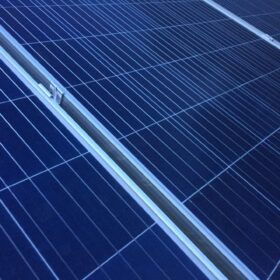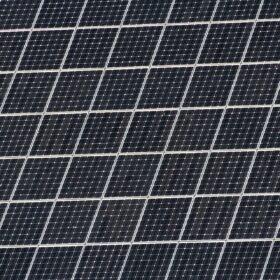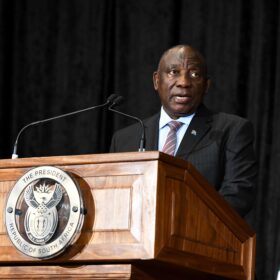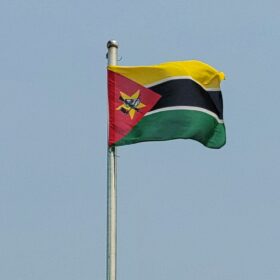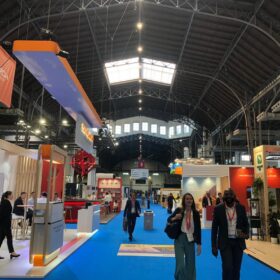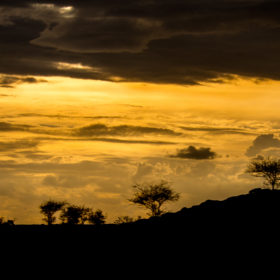Liberia seeks consultants for 20 MW solar project
Liberia Electricity Corporation is searching for consultants to support the construction of a 20 MW solar plant, to be located alongside an existing 88 MW hydropower facility.
Engie, Pele Green building 75 MW of solar in South Africa
Engie says it has begun construction on a 75 MW solar plant in South Africa’s Free State province. The project is one of two installations it is building in partnership with Pele Green Energy.
Ramaphosa reveals 22,500 MW renewables pipeline in South Africa
South African President Cyril Ramaphosa, in his first speech since forming a coalition government in May, said the nation is experiencing a “renewable energy revolution,” with upcoming projects expected to attract around ZAR 400 billion ($21.9 million) in private investment.
South Africa commissions largest wheeling project to date
South Africa has commissioned its largest wheeling project, with SOLA Group supplying more than 200 MW of solar power to Tronox Mineral Sands via the Eskom network.
Somalia opens tender for off-grid solar-plus-storage plants
Somalia’s Ministry of Energy and Water Resources has launched a tender for off-grid solar-plus-storage power plants to serve 46 education facilities in the southeast of the country. The deadline for bids is August 1.
South Africa imposes 10% import tariff on solar panels
The International Trade Administration Commission of South Africa (ITAC) has imposed a 10% import tariff on solar panels to protect local manufacturers, attract investment, and deepen the value chain. The South African Photovoltaic Industry Association has questioned the lack of formal industry engagement, calling the timing “not ideal.”
Mozambique opens tender for solar-plus-storage projects
Mozambique’s energy regulator has launched a tender for solar-plus-storage hybrid projects across several provinces. The deadline for applications is Sept. 13.
pv magazine covers Africa Energy Forum in Barcelona
The EnergyNet event brings together more than 2,000 energy decision-makers from Africa at the Fira de Montjuïc in Barcelona from June 25 to 28. The attendees include African governments, utilities, regulators, financial institutions, banks, energy developers, technology providers, and engineering, procurement and construction (EPC) contractors.
Ethiopia inviting consultants for planned utility-scale PV project
State-owned utility EEP is looking for consultants to prepare a feasibility study that will encompass such key tasks as hydrology analyses, geotechnical and seismic investigations and assessments of meteorological conditions, solar resources and energy yield.
Researchers suggest using digested polymers for PV cell coatings, encapsulants
An international research team has proposed to use recyclable biomass-digested polymers as a material for PV coatings and encapsulants. The scientists developed a coating for PV cells that reportedly allows an increase in power output of up to 10%.
